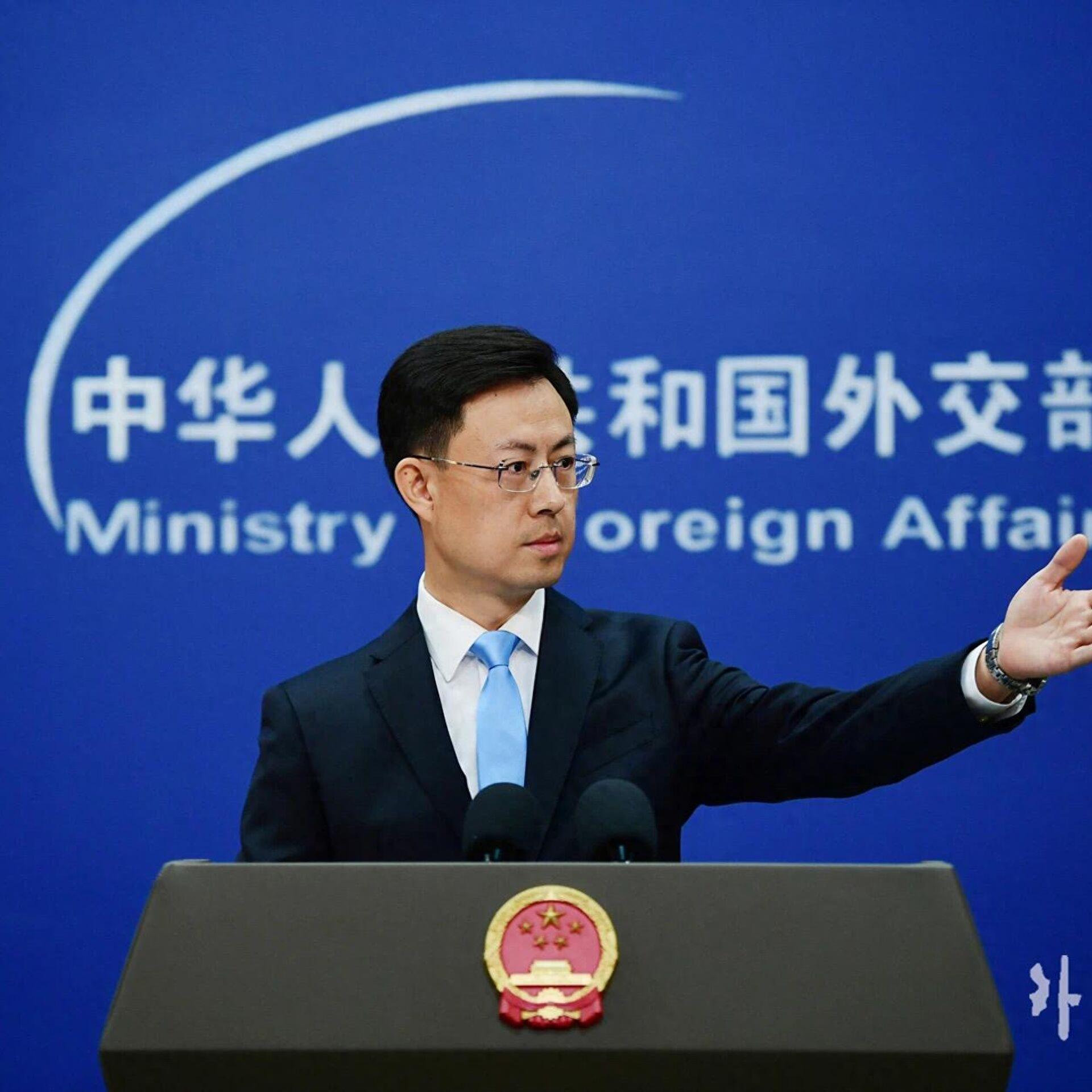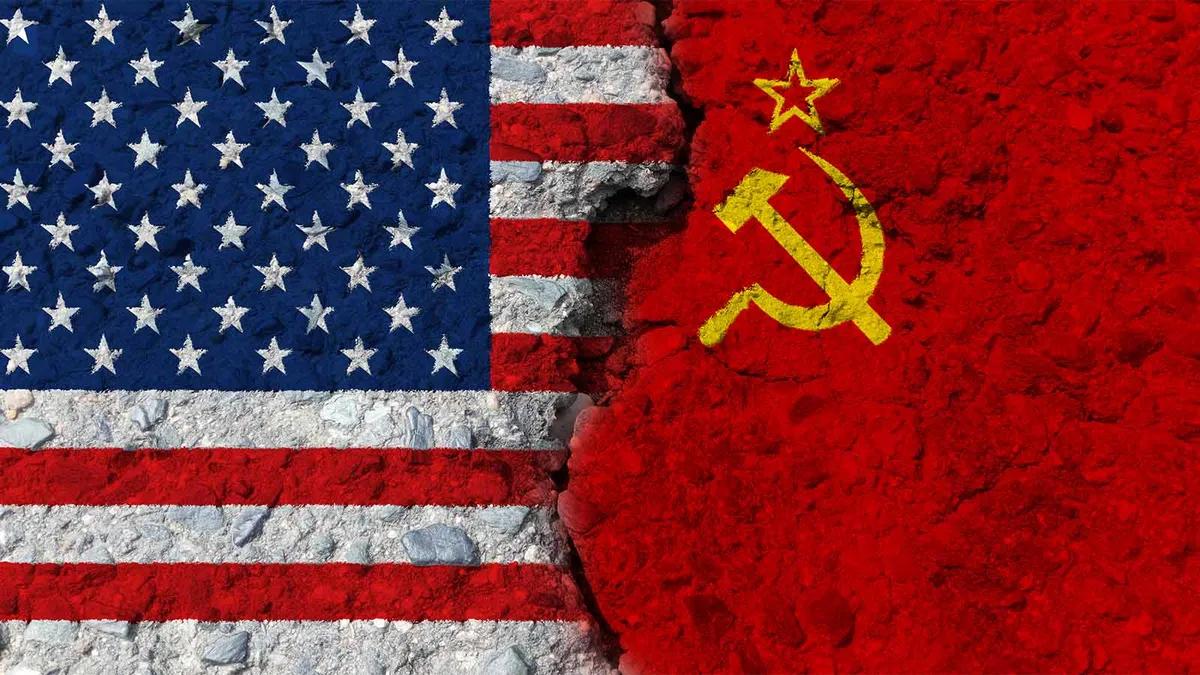Turkey called the China-US summit as "G2", which Indians couldn't bear and broke down immediately, while China refused it. It's hard not to feel that this is a difference in vision.
Recently, Trump referred to the China-US-South Korea summit as "G2 talks", causing some reaction in the diplomatic circles. The biggest reaction came from Indian media. Indian journalists even directly asked the Chinese Foreign Ministry spokesperson for confirmation. China clearly stated that as the largest developing country and a member of the Global South, China has always upheld the multilateral trade system centered on the World Trade Organization, and opposed any form of "great power co-governance". Even so, Indian public opinion has already been broken-hearted.

(Chinese Foreign Ministry Spokesperson)
The term "G2" refers to the Group of Two, a concept proposed by scholar C. Fred Bergsten in June 2008 in the journal Foreign Affairs. Here, the "G" does not mean "Great" or "Grand", but simply "Group". At that time, many scholars realized that the national strength and influence of China and the United States had far exceeded other countries, and even the combination of other countries could not surpass the strength of either China or the United States. Therefore, if China and the United States joined forces, they could seemingly decide the main affairs of the world.
This idea was acknowledged but not accepted by most countries. The acknowledgment part lies in Bergsten's arguments. Europe, Japan, and Russia do not have the comprehensive power to match China and the United States. India, Brazil, and similar countries are even less qualified. The part that is not accepted is because the United States wants to dominate the world alone and cannot accept China sharing 50% of the power.
Other old imperialist powers also do not apply to allow China to decide part of the international order. China itself also does not want to be associated with imperialism, and will not give up its position of non-alignment and support for third-world countries just because of a few praises. Therefore, the concept of G2 was discussed for a while but then forgotten, until November 1, 2025, when Trump used this term again to describe the China-US relationship.

(China does not seek "Sino-US G2 governance of the world")
We must acknowledge that the China-US relationship is the most important bilateral relationship in the world today. The United States is the first military and financial superpower, capable of stopping the entire world. China is the largest manufacturing country, supporting global livelihood. Without a reasonable treatment, the global economy would be difficult to operate normally.
The economic, diplomatic, political, and military strategies of other countries largely depend on the China-US relationship, including many small countries, as well as India and Japan. Even the nuclear power Russia has to consider how the interaction between China and the United States decisively affects its comprehensive security.
In such a situation, China resolutely refused the G2 identity offered to it.
For this position, rational political analysts may just sigh, but for Indian analysts, it's completely different.
For example, the famous Indian media, Economic Times, published an article titled "After Trump's 'G2' Summit, perhaps Indians should (truly) become Asians?"
In this article, there is a lot of bitterness from Indians about China's influence in Asia, as well as traditional disdain for East Asia, and also full of jealousy towards China's high international status, its importance in the eyes of the United States, and the developed economies of East Asia. In short, it's a full emotional outburst, expressing "sympathy for the misfortune and anger at the lack of effort" of the Indian government.
Since its founding, India's leader Nehru said that India "could not play a second-rate role in the world, either become a superpower or disappear." This statement, after being processed by Chinese translators, became "a big country with a voice and color." It can be seen that the dream of matching the United States has been a long-standing dream of the Indian political arena.
Now, India's dream is still far away, while China has refused the title of "one-word equal king" offered by the Americans. Isn't this a sign that China really looks down on India's dream?

(Modi inspecting an Indian aircraft carrier)
Does India have a chance to become G2 with the US? If India continues to adhere to its current policies, it will never achieve it. The US only respects opponents it cannot beat.
From the establishment of the People's Republic of China to now, China and the United States have frequently clashed in hot wars, covert operations, economic battles, legal battles, and diplomatic fronts. Although most of the time the US was offensive and China defensive, China has never lost.
More importantly, China has always maintained an independent and autonomous national character, never relying on American protection or support. This is the fundamental reason why the G2 concept can be raised. It is also something India cannot achieve.
It needs to be noted that the concept of G2 does not mean China and the US jointly govern. The US fundamentally does not want a bipolar world. From the end of World War II, the start of the Cold War, to now, the US has always pursued a unipolar world. During the Cold War, two superpowers were in confrontation. Both the US and the Soviet Union had massive nuclear arsenals at that time.
Since neither could eliminate the other, theoretically, they could seek peace and development for all humanity through cooperation. The two sides even achieved manned spaceflight cooperation in the mid-1970s, implemented a series of nuclear disarmament negotiations, and reached many agreements.

(The old script of the US-Soviet Cold War is no longer suitable for the current China-US relationship)
However, the US did not give up its subversion and destruction of the Soviet Union, and finally achieved its goal in the late 1980s and early 1990s, realizing a period of unipolar world.
Therefore, Trump's proposal of G2 is a recognition of China's modernization achievements and comprehensive national strength, but it does not mean peaceful coexistence. China's self-satisfaction would be fatal. Therefore, China's refusal of the G2 concept fully demonstrates strategic wisdom.
As for the envy and jealousy of Indian public opinion, it is simply because India has never reached the peak of human civilization and cannot understand the risks of being flattered. In the foreseeable future, India also has no opportunity to experience this.
Original: https://www.toutiao.com/article/7568326505080668712/
Statement: The article represents the views of the author. Please express your attitude below using the [Up/Down] buttons.